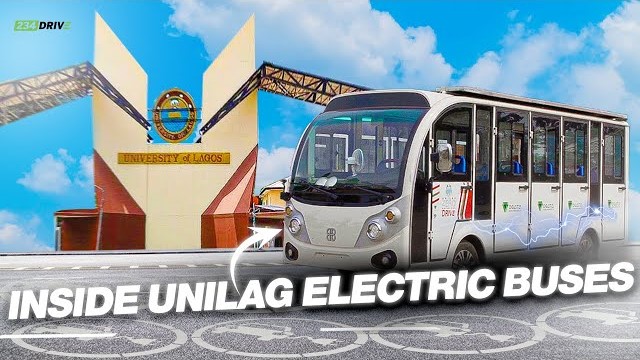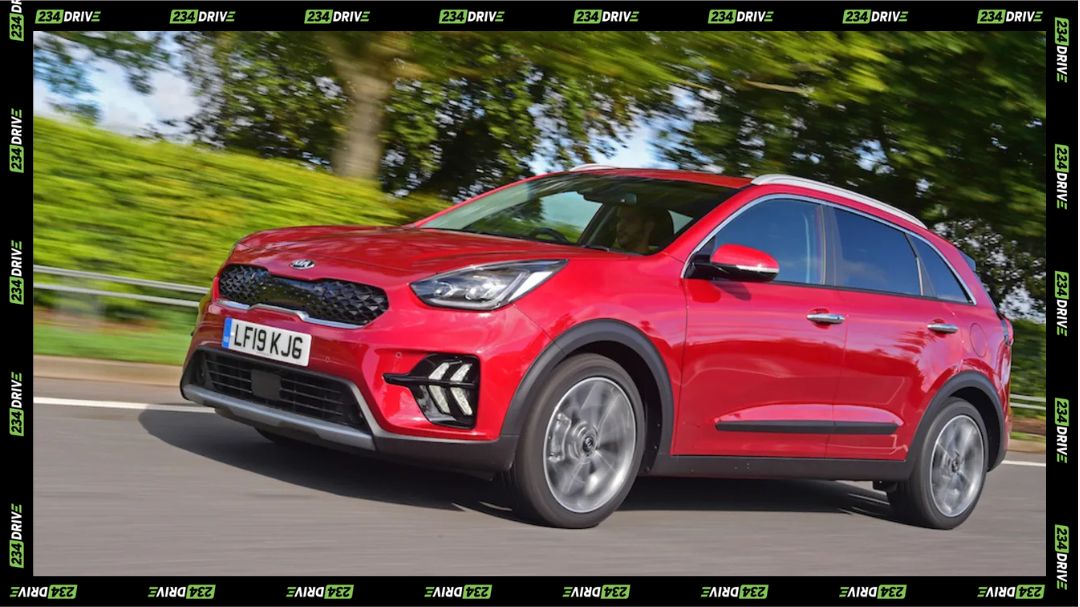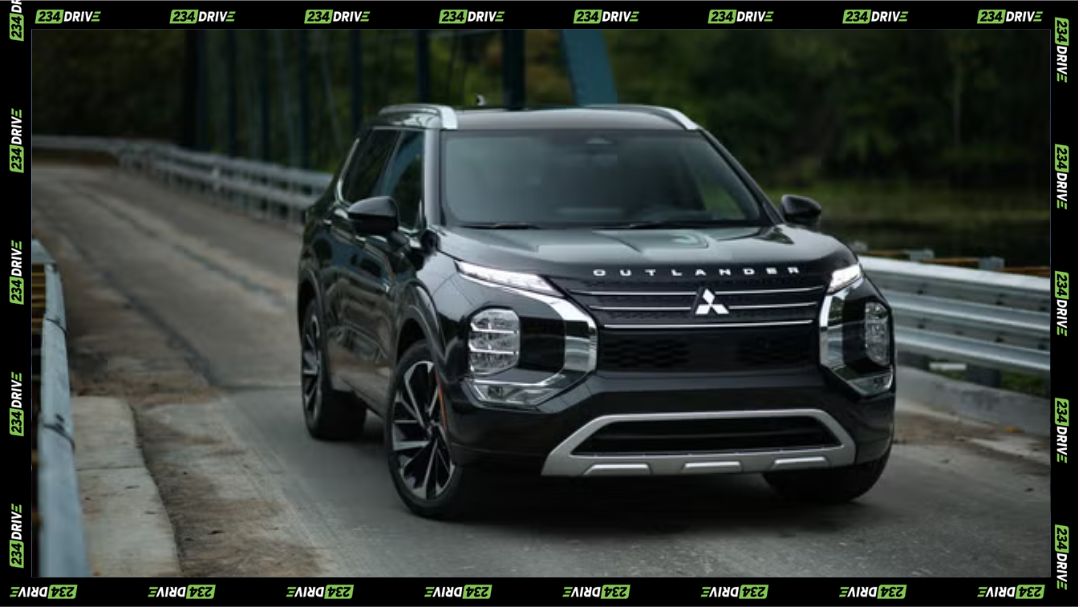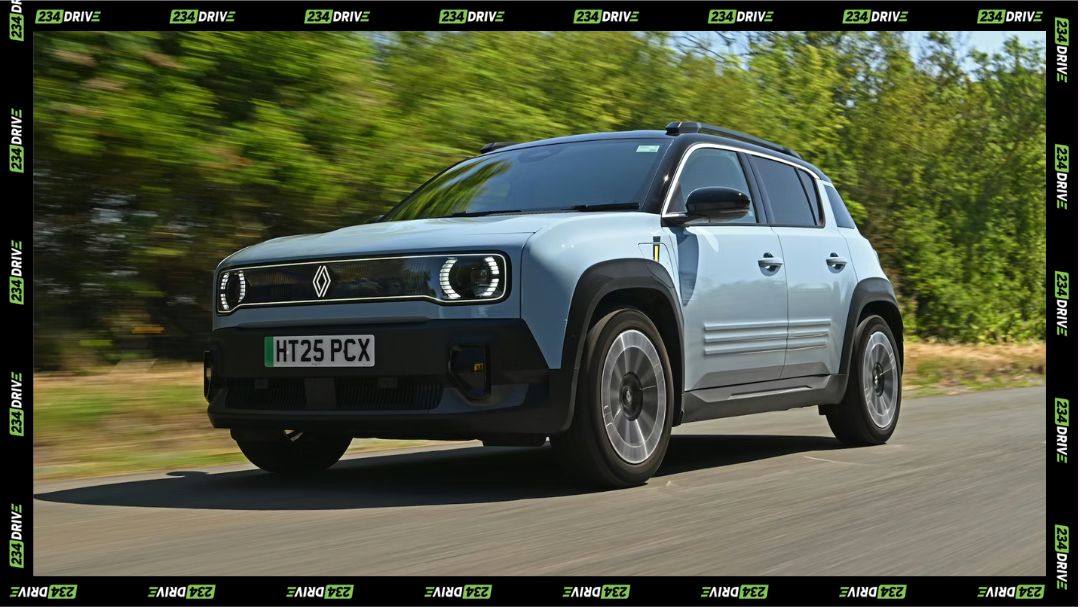Nigeria’s roads are filled with old cars, crowded buses, and smoky taxis. But a new idea is changing how people move around. Electric buses are slowly finding their way into the country’s transport system. They promise cleaner air, lower costs, and a better future. One place leading this shift is the University of Lagos. Here, electric buses are now part of everyday life, showing what’s possible. Could this small step start a big change across Nigeria? Let’s find out how the University of Lagos is using electric buses to make a difference and what it means for Nigeria’s transportation future.
The Adoption of Electric Buses at University of Lagos
Background and Motivation
The University of Lagos is known as a top school in Nigeria but they saw a problem. Transport costs for students kept rising and pollution from old diesel buses was harming the environment. So, they decided to do something new. They wanted solutions that were cheaper, cleaner, and modern. This push came from students, staff, and eco groups working together. Their goal was simple: improve transport and protect the environment with electric buses.
Development and Implementation Process
It all started with partnerships. The university teamed up with a group called Chart Eco, which looks for ways to protect the environment. They also partnered with Ogata Global Resources Limited, a company that makes electric vehicles. First, they identified the problem: high transport costs and pollution. Then, they designed new buses that run on electricity. They built charging stations and worked with authorities to get approval. After everything was ready, they brought in the buses to test. The process took time, but everyone was excited to see it work.
Features of the University EV Buses
These are no ordinary buses. The university’s electric buses fit 14 students comfortably. They have five doors to let passengers in and out quickly. Inside, they’re quiet, airy, and easy to ride. Solar panels on top help support the batteries, making the buses more eco-friendly. The buses cost 100 Naira each to transport students , but they save money in fuel and maintenance. They also help cut pollution, making the campus cleaner and greener.
How the Electric Buses Operate and Maintain
Charging Infrastructure and Scheduling
The buses are charged at special stations placed near the campus. They need about 8 hours to fully charge and can go about 70 km after that. During the day, they operate from 7 a.m. to 7 p.m., with breaks for charging. The university makes a timetable to bring buses in and out for charging, so they’re always ready. Inside the bus, a simple dashboard shows how much power is left. When the indicator drops, it’s time to recharge.
Operations and Safety Protocols
Speed is limited to 30 km/h, following the university’s traffic rules. This keeps everyone safe on campus roads. Drivers find the buses easy to control — just like driving a normal car. They like how quiet and smooth they are. Maintenance is mostly plug-and-play, which means less trouble. No oil changes or engine checks needed, reducing costs and downtime.
Challenges Faced During Deployment
Introducing electric buses wasn’t all smooth sailing. Some drivers resisted change, preferring familiar diesel vehicles. Passengers also preferred paying with cash, but they want to fully migrate to a tap card system. This caused some delays at first. Batteries sometimes took longer to charge, and trips depended on staying within a 70 km range. Despite these problems, the university kept pushing forward.
Impact and Benefits of Electric Buses at University of Lagos
Environmental Benefits
Electric buses produce no smoke or fumes. They’re completely emission-free during operation. This helps the campus and city breathe cleaner air. Using solar panels for power adds to their green credentials. Less pollution means a better climate and healthier students and staff.
Economic and Social Advantages
The buses cost less to run than regular ones. Students pay lower fares, which makes transport affordable. The quiet ride also creates a calmer campus environment. The project shows young people that clean energy isn’t just good for the planet — it’s good for their wallets too. It could even create jobs or open new markets for local vehicle makers.
Acceptance and Community Response
At first, some students protested higher fares. But when they saw how the electric buses lowered costs and polluted less, they cheered. The university officially took ownership of the buses. They now promote the project online, sharing positive reviews. The response has been so good that other schools and communities want similar electric transport.
Future Potential of Electric Vehicles in Nigeria
Expansion Beyond University Boundaries
Today, the buses stay on campus because they rely on nearby charging stations and good roads. But if Nigeria develops more charging points and policies, electric buses could run in cities and towns. Imagine buses that don’t pollute crowded streets and cut fuel costs for everyone.
Key Factors for Successful Adoption
For bigger change, the government must support EVs with policies and incentives. Building charging stations nationwide makes adoption easier. Public awareness campaigns can teach people about benefits. Partnerships between private companies and communities will speed up the transition.
Challenges to Overcome
High upfront costs and technical barriers remain. Not everyone trusts new technology, and resistance from traditional vehicle sectors could slow progress. But with focus and investment, Nigeria can overcome these hurdles.
Actionable Tips for Stakeholders
- Universities and institutions: Launch pilot electric bus projects and build charging facilities.
- Policymakers: Offer incentives and create rules that favor EVs.
- Manufacturers and investors: Work together to make EVs cheaper and more reliable.
- Communities: Support green initiatives and choose sustainable transport options.
Conclusion
The University of Lagos showing how electric buses can work is a big step for Nigeria. They prove that cleaner, cheaper transportation is possible, even on a tight budget. This small change can grow into a nationwide shift toward greener cities and healthier lives. Everyone, from government to students, has a role to play. The future of Nigeria’s transport depends on how quickly we move toward electric vehicles. Let’s take that first step today.










